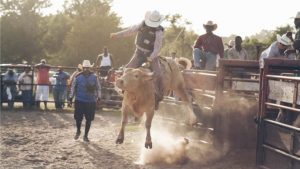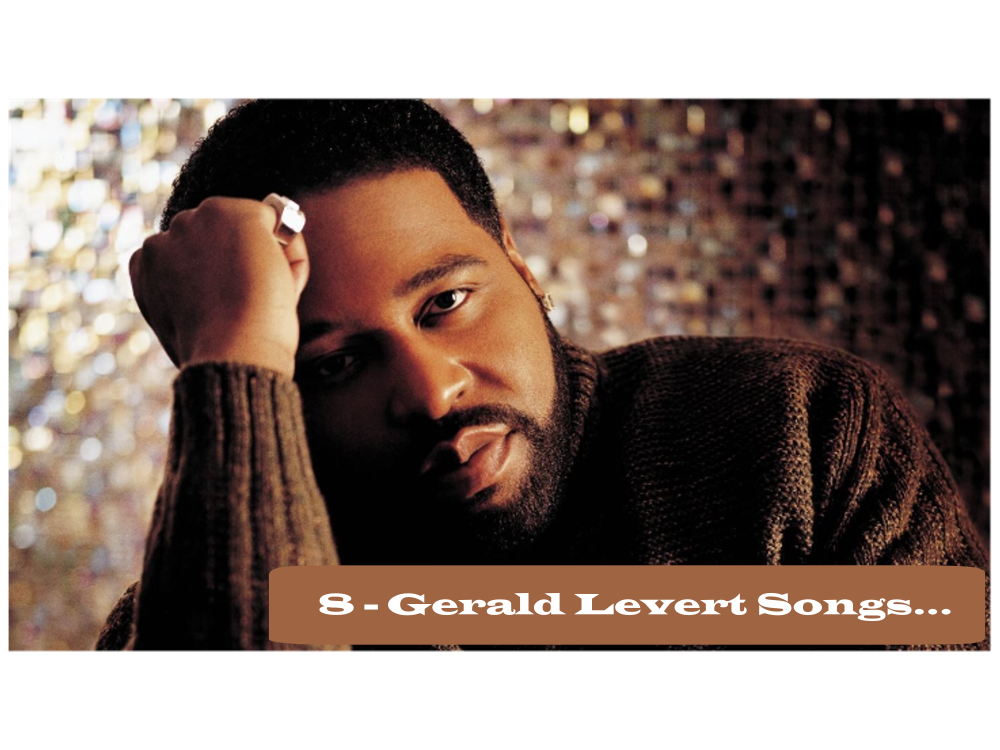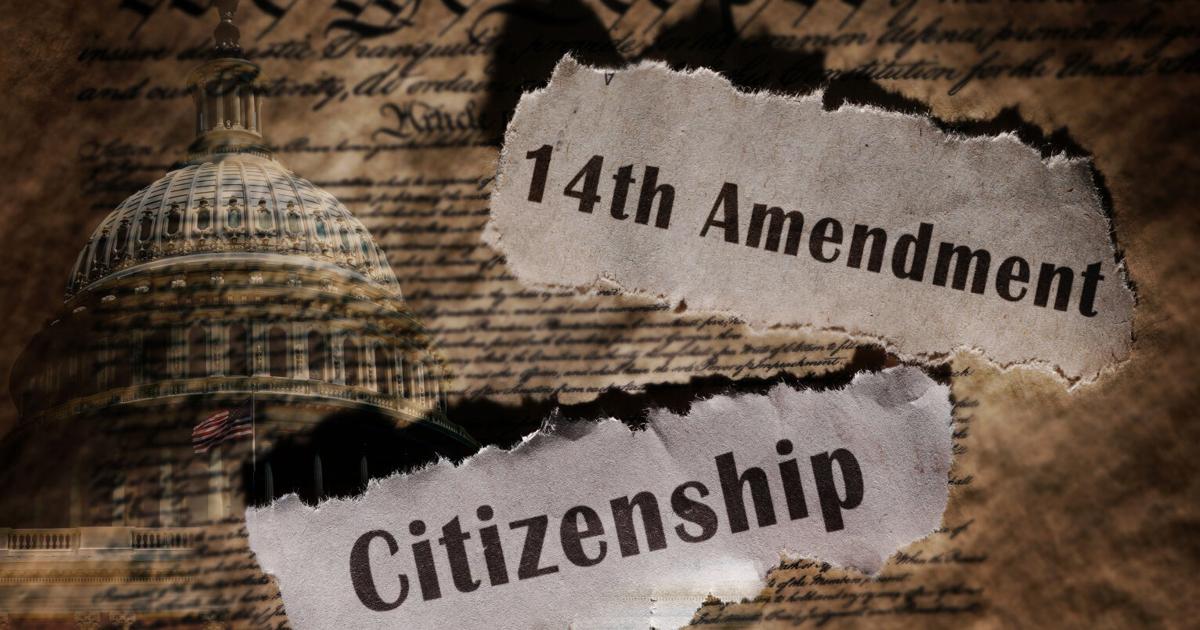(ThyBlackMan.com) Lost souls. Parallel lives going nowhere in a low-income, west of Houston neighborhood. That’s the setting of this richly drawn character study about an aimless 14-year-old poor white girl, Kris (Amber Havard), and a middle-aged black ex-bull rider turned down-on-his-luck rodeo clown Abe (Rob Morgan, Mudbound).
The location and characters are atypical. Even more unlikely is their need for one another. He has been gored by so many bulls, he’s got holes in his torso the size of golf balls. Pills and booze keep the pain at bay. Her mom (Sara Albright) is in prison. Her grandma (Keeli Wheeler) has little luck parenting her. It’s no wonder she’s hanging out with the wrong crowd and getting into trouble. She needs boundaries, guidance and discipline. She needs an anchor.
Co-writer/director Annie Silverstein pulls you into rural small-town Texas life. The sun bears down on ’em. Everybody seems distracted, like they’re barely living in the margins. People drop oxy like tic tacs. The one vibrant outlet is the rodeo circuit. There’s the major one and the smaller black one. The latter gives the film time to shine a light on the rarely profiled tradition of black cowboys. 
African American cowboys have been a staple of western life since the 1800s. In those days, 25% of cowboys were black; some ex-slaves, others the sons of slaves. They worked cattle drives and had jobs on ranches. In fact, in the 1870s, Bill Pickett was credited with inventing the rodeo event bulldogging, wrestling bulls into submission until they lay on the ground. When black rodeo riders weren’t treated well, they formed their own soul circuit, similar to the chitlin circuit for musicians.
The characters on view are everyday people. Kris could be any child on the wrong side of the tracks. No dad, mom’s incarcerated. She’s just a breath away from juvenile hall herself, unless someone shows her another path. Abe is barely getting by. Alone, with nothing but his chickens. Unable to form solid relationships, which his ex-girlfriend Sheila (Yolonda Ross) will attest to: “Abe you only just be thinking about yourself.” You want to see these two connect, for the better. But, there are no guarantees.
Silverstein guides the process with a slow steady hand. The unhurried pace (editors Todd Holmes and Miguel Schverdfinger) draws you into snail-paced lives. The location shots outside of Houston (cinematographer Shabier Kirchner) make everything look real and authentic. The musical score (William Ryan Fritch) barely yields a couple of piano chords, just enough to break the silence. Costume designer Sarah Maiorino has the presence of mind to dress everyone in clothes that look like they came from Goodwill. You get so wrapped up in rural Texas you’ll get the munchies for a corndog.
Sparse dialogue is used when the visuals can’t express a feeling or concern. The script’s venture into the opioid epidemic is timely. A crucial scene reminds you how insidious and lethal this deadly scourge can be: Kris loses her bag of pills and Abe’s chickens find them. That vision of dead chickens in a coop is more indelible than a string of anti-drug public service announcements.
Amber Havard wears the Kris character like an old shirt. Torn, dirty, looks like she needs to be washed. Nothing excites her, except the possibility of becoming a bull rider. Her performance is counter balanced by Sara Albright as her convict mom, who can’t keep a promise or stay out of trouble. The rest of the supporting cast, mostly non-professional actors, is so low-key it’s like they’re the people you would meet if you stopped for gas at a 7-Eleven.
Along with the premise, direction and setting, Rob Morgan is one of the film’s strongest assets. With his stoic face, iconic manner and old man swagger he personifies an end-of-a-career adult who’s grasping for a life he may never have again. He’s strong, gentle and masculine in ways that he was in Mudbound. He lends that same sober demeanor to Bull.
For 1h 45m you follow these down-trodden wretches, hoping they will catch a break. That’s where the film flounders. The finale. The everyday drama never builds to a crescendo that is bigger than what came before it. When the screen goes black, you’re not ready for the abrupt ending.
The Kris and Abe characters give viewers a chance to see how rural America deals with poverty. Abe, a descendant of a centuries old black cowboy tradition, gives audiences insight into a lifestyle rarely shown on film. Filmmaker Annie Silverstein draws pictures of American lives with the sensitivity and insight of a portraitist.
Written by Dwight Brown
Official website; http://DwightBrownInk.com

















Leave a Reply